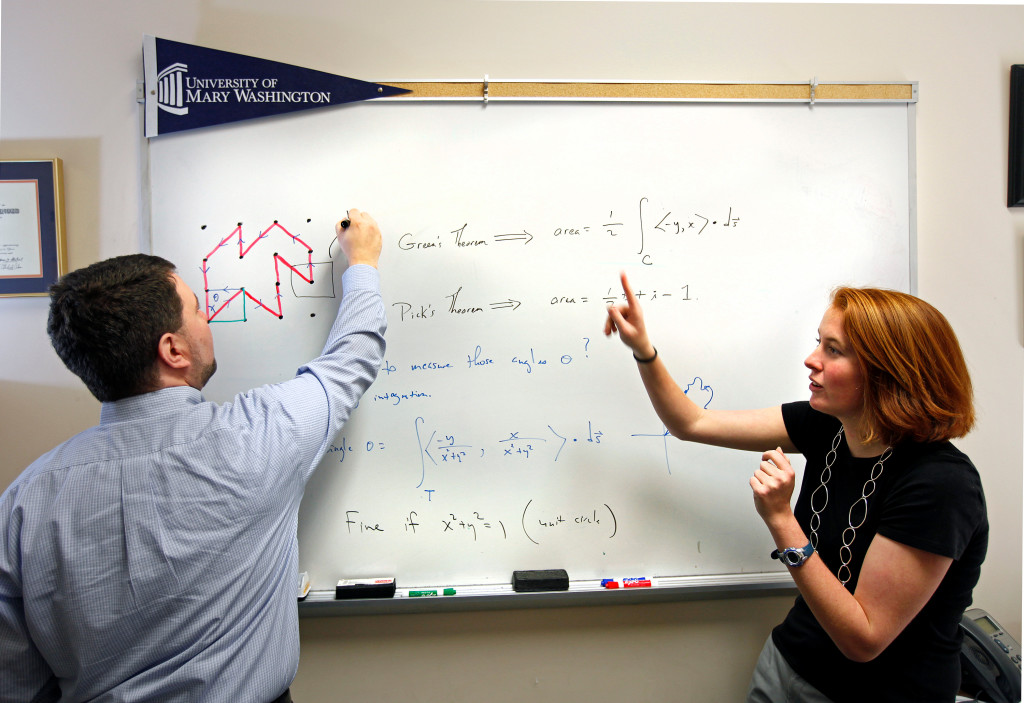The minor in security and conflict studies is designed to provide students with a foundation in the contemporary study of security and conflict in the world today. Students will learn and apply analytical frameworks that facilitate the selection of optimal policies for solving security and conflict problems.
Areas of Study
Coursework covers topics encompassing the historical (e.g., the origins of World War II) to the contemporary (cyberwarfare) and the conventional (threats to territorial integrity) to the cutting edge (disease as a security issue).
Requirements
Minor Requirements
The minor in security and conflict studies requires eighteen credits.
